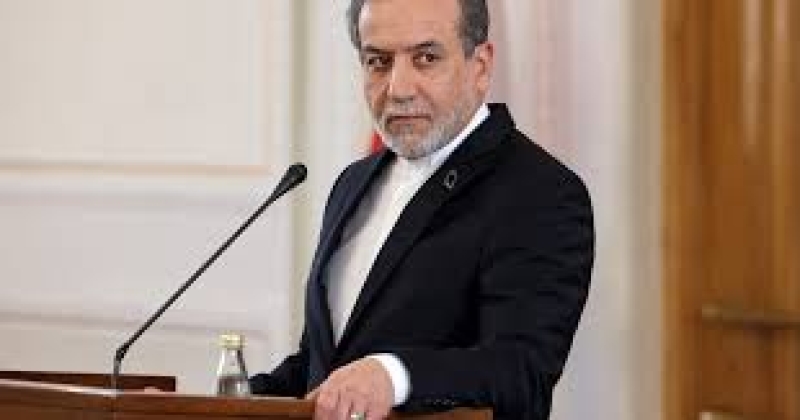- Power generation at Payra Thermal Power Plant 1st unit starts after a month |
- Irregularities, injustice will no longer be accepted in politics: Jamaat Ameer |
- 2 arrested in Jhenaidah for allegedly selling madrasa student |
- Koko’s wife campaigns for Tarique in Dhaka-17 |
- Bangladeshi Expats Cast 4.58 Lakh Postal Votes |
Iran Open to US Talks, But Rejects 'Maximum Pressure' Tactics

Iran expressed its willingness to engage in negotiations with the United States, but underlined that it would not do so under the "maximum pressure" strategy advocated by former President Donald Trump, Tehran's top diplomat said on Saturday.
Foreign Minister Abbas Araghchi emphasized that while sanctions relief requires talks, it must occur outside the framework of "maximum pressure," which, he stated, would transform negotiations into a form of surrender rather than dialogue. Araghchi made these remarks in a statement shared on Telegram.
The statement came shortly after Iran's Supreme Leader Ayatollah Ali Khamenei warned against any talks with Washington, calling such an approach "reckless." Khamenei, who holds the ultimate authority over Iran’s foreign policy decisions, drew on the country's past experience with negotiations to justify his stance.
In 2015, Iran and the United States, along with other world powers including France, Germany, the UK, China, and Russia, signed the Joint Comprehensive Plan of Action (JCPOA), a landmark nuclear agreement that saw Iran limit its nuclear activities in exchange for the lifting of international sanctions.
However, in 2018, President Trump withdrew the United States from the deal, despite opposition from European allies, and reinstated sweeping sanctions on Tehran.
This week, Trump called for a "verified nuclear peace agreement" with Iran, reiterating his stance that Tehran must not develop nuclear weapons. Iran has long insisted that its nuclear program is for peaceful purposes and denies any intention to build atomic bombs.
Meanwhile, President Trump has once again ramped up his "maximum pressure" campaign. On Tuesday, the US administration announced new sanctions targeting entities and individuals accused of facilitating the export of Iranian crude oil to China, further escalating tensions.
Araghchi responded on Saturday, reiterating that Iran is not willing to negotiate with a nation that is simultaneously imposing new sanctions, adding that such tactics undermine the prospect of genuine dialogue.

